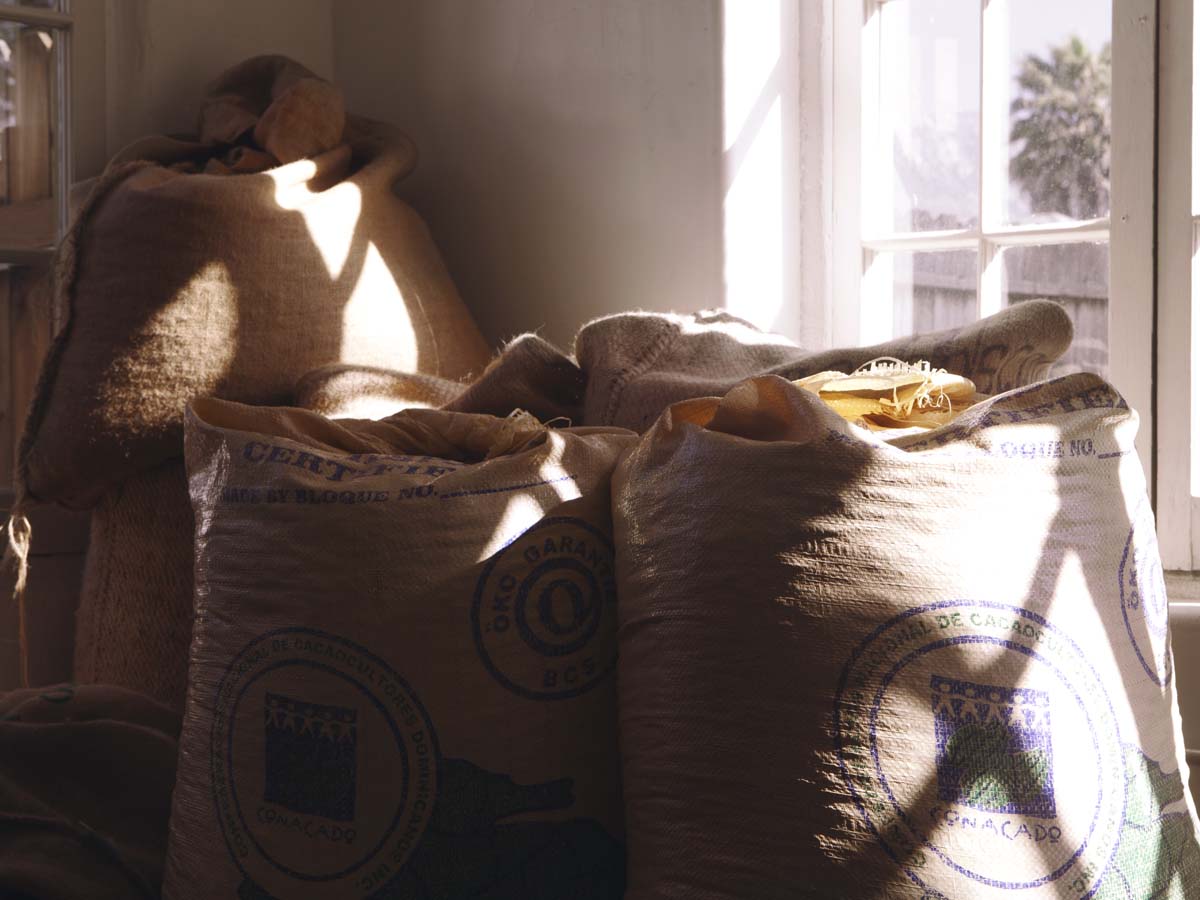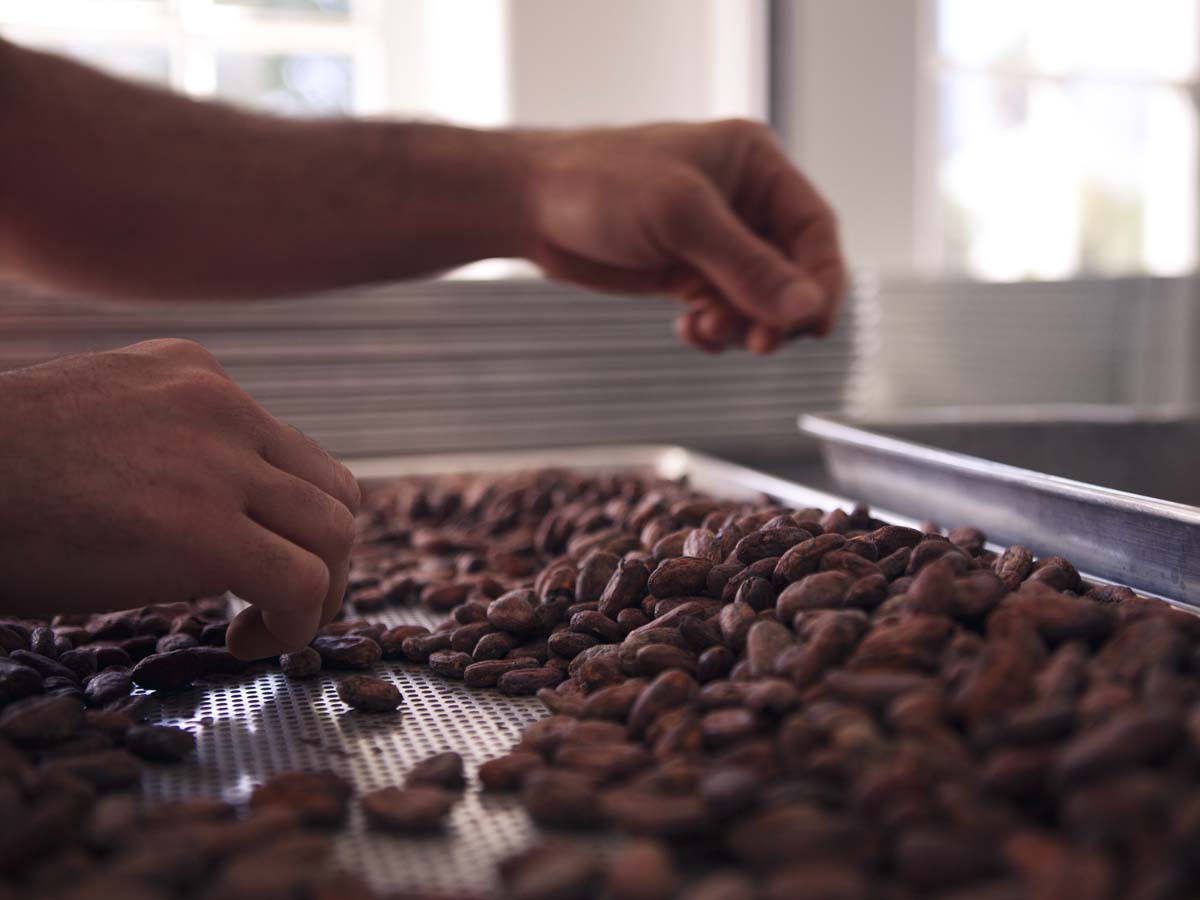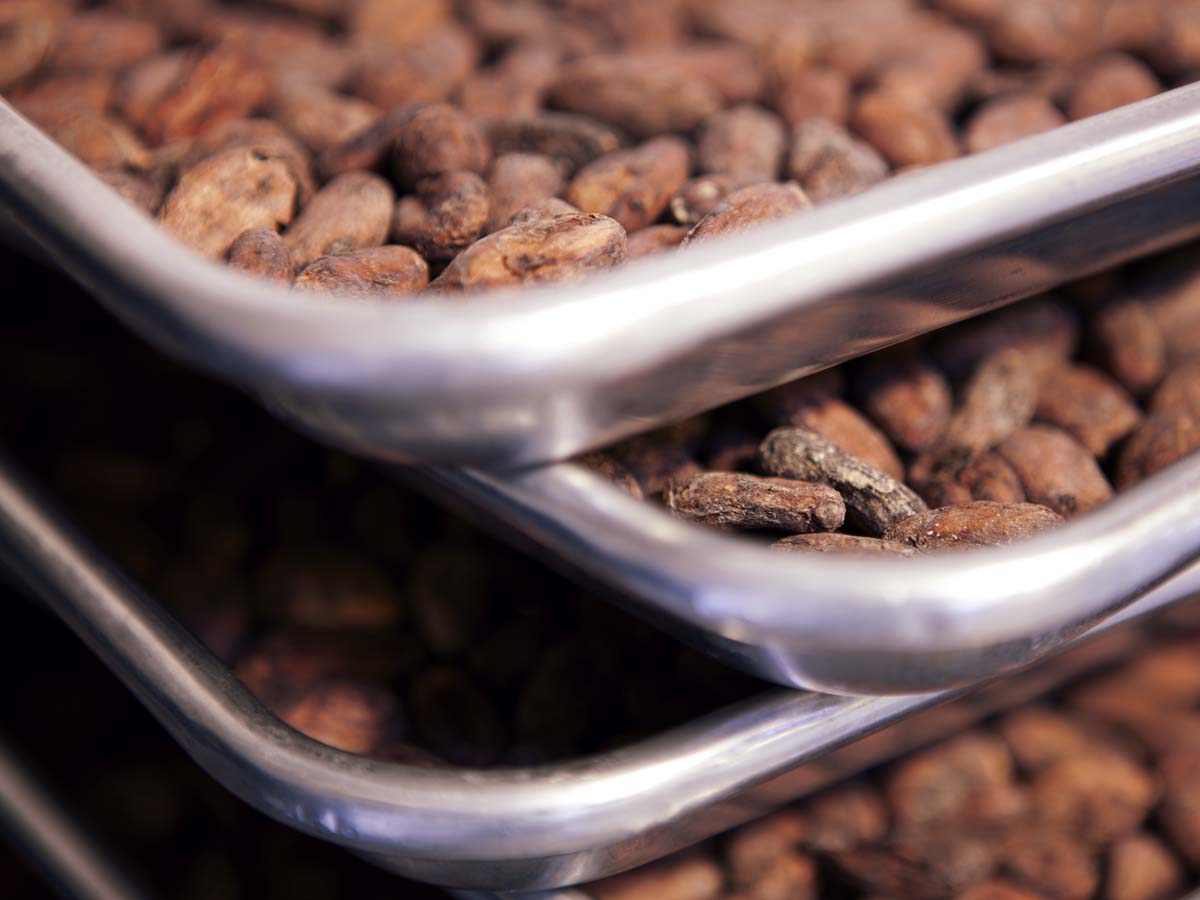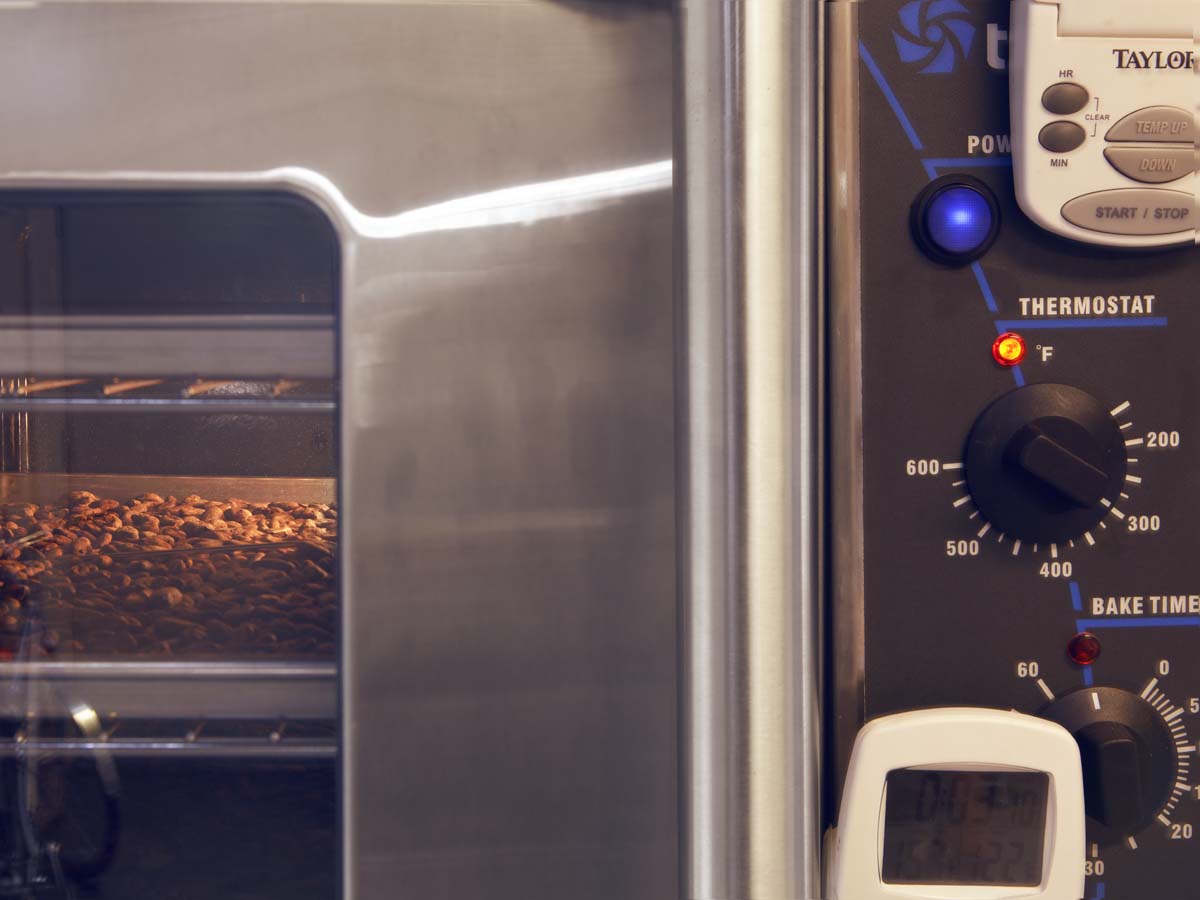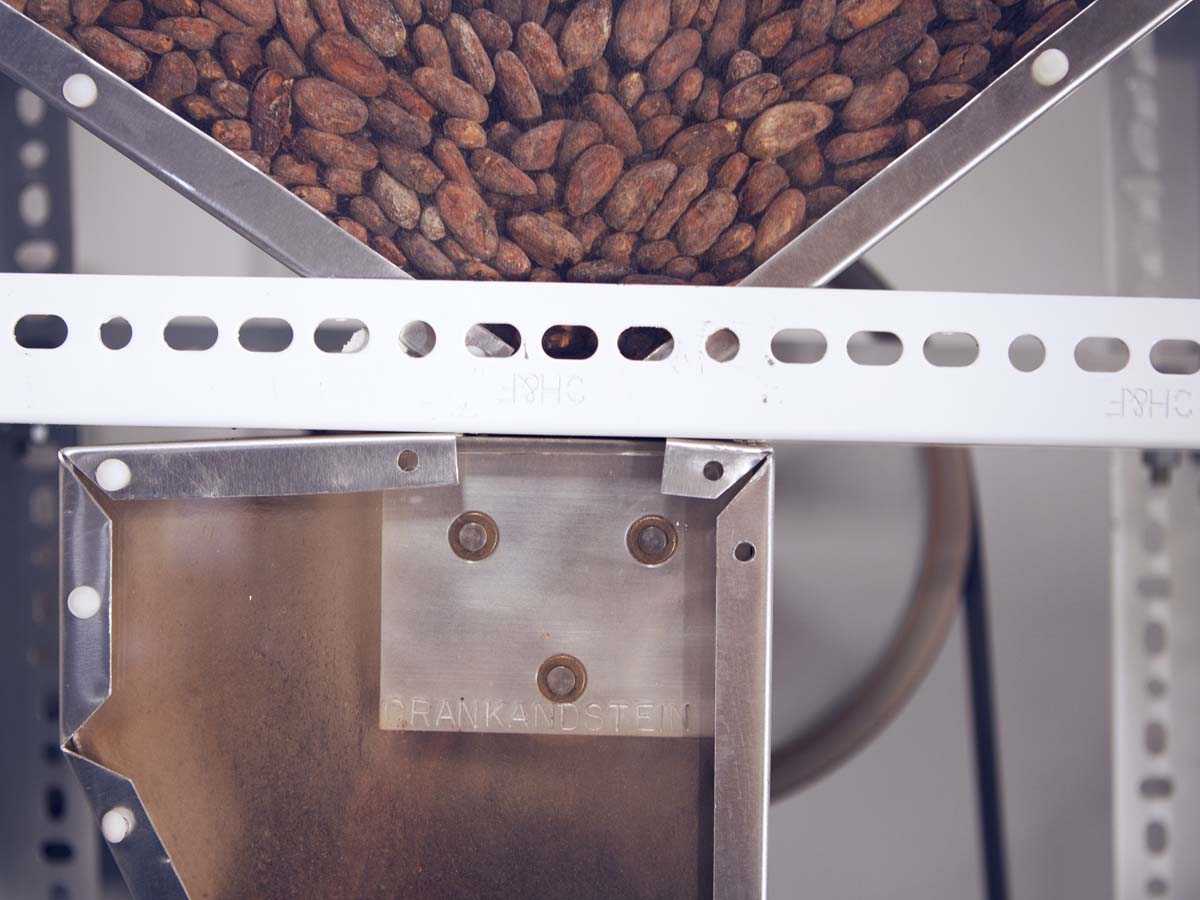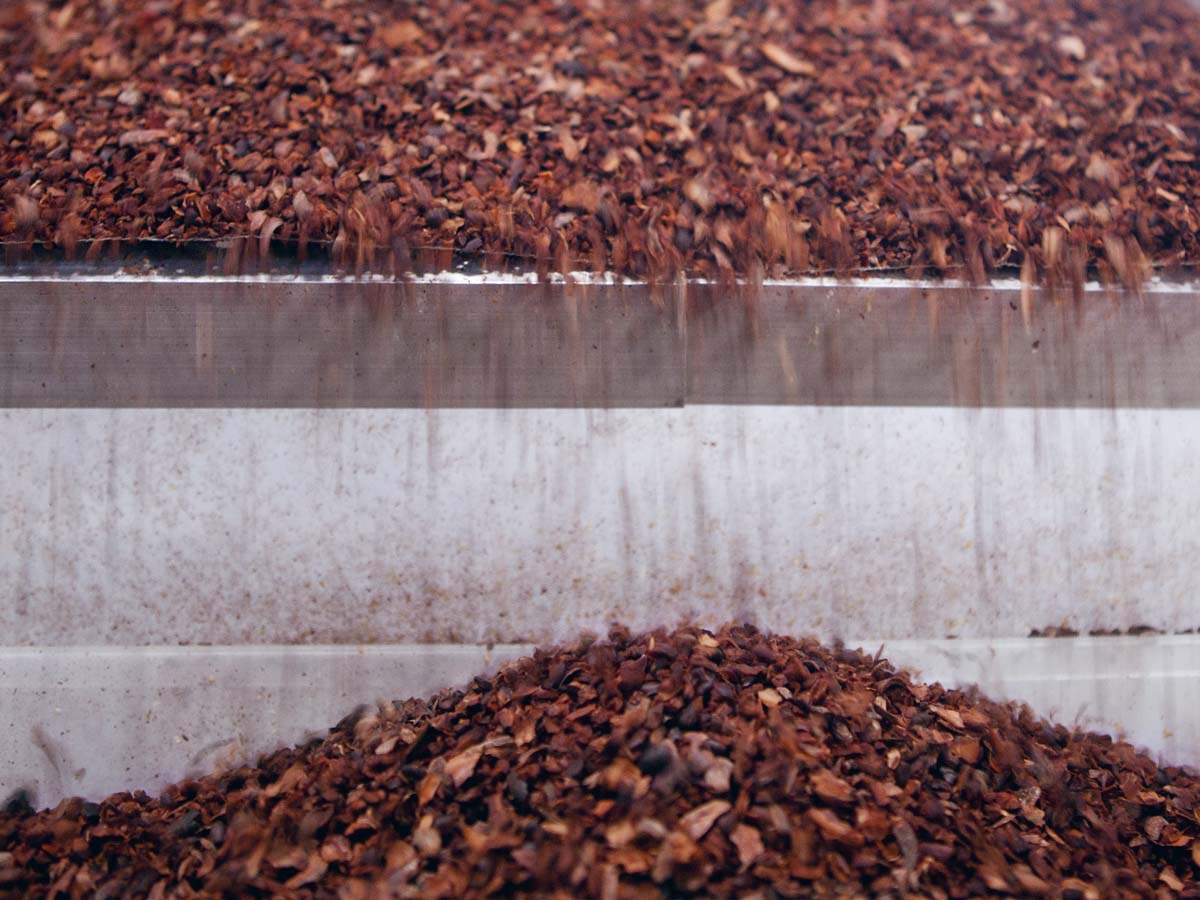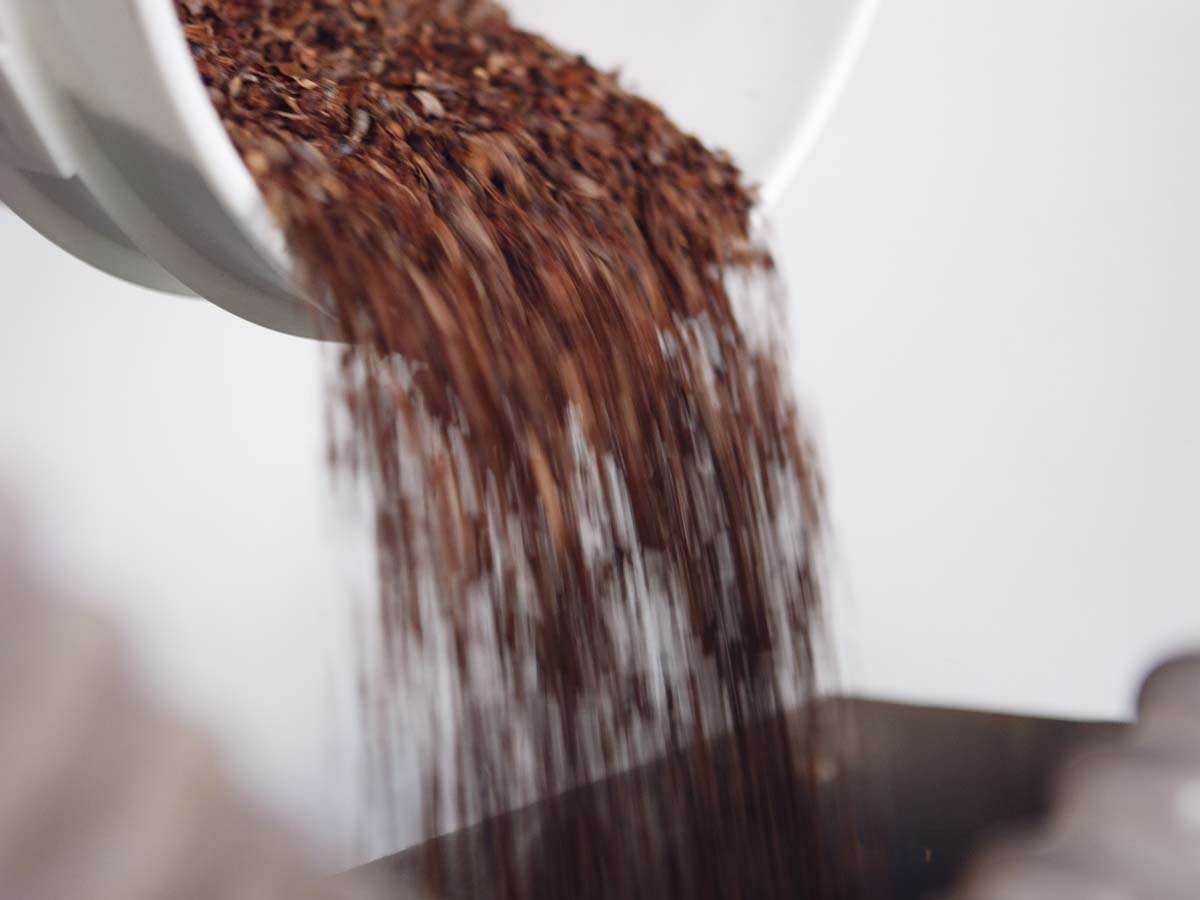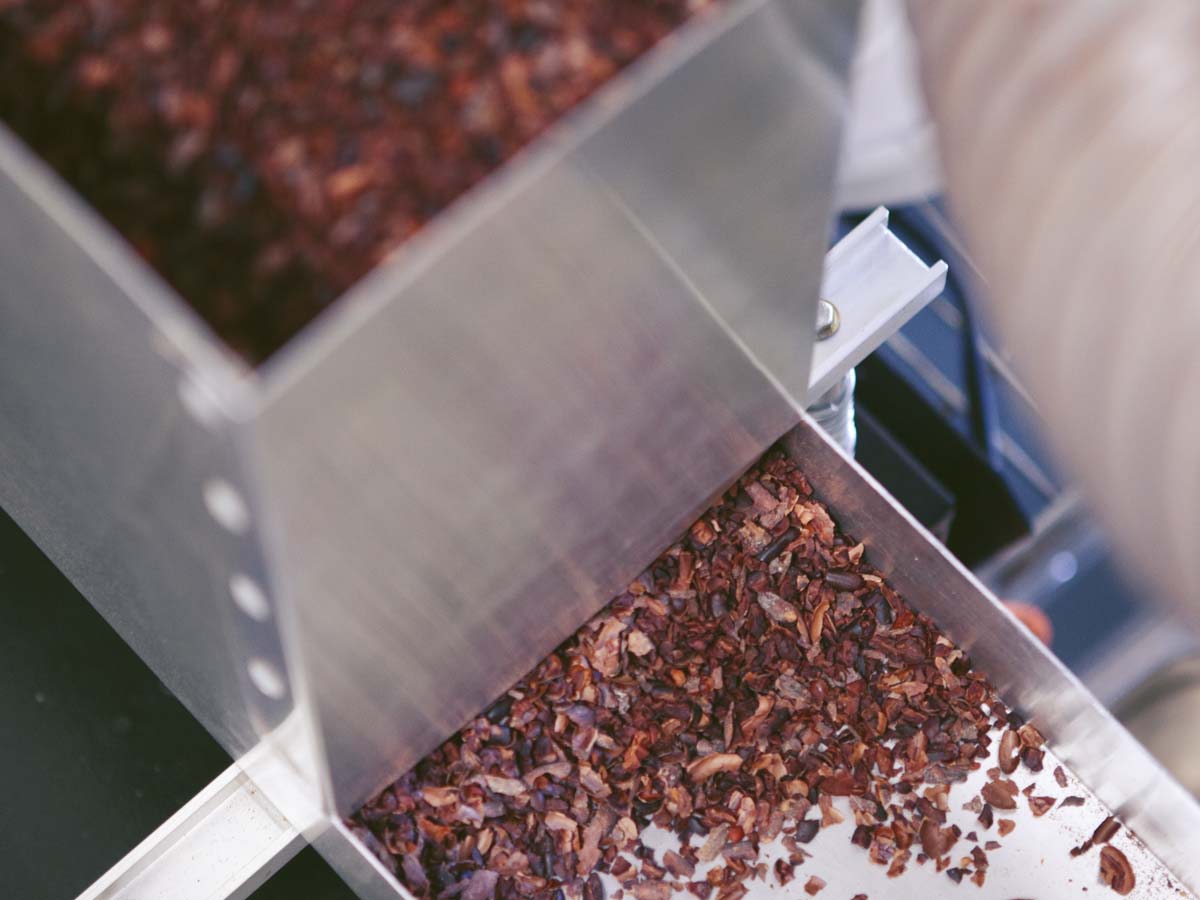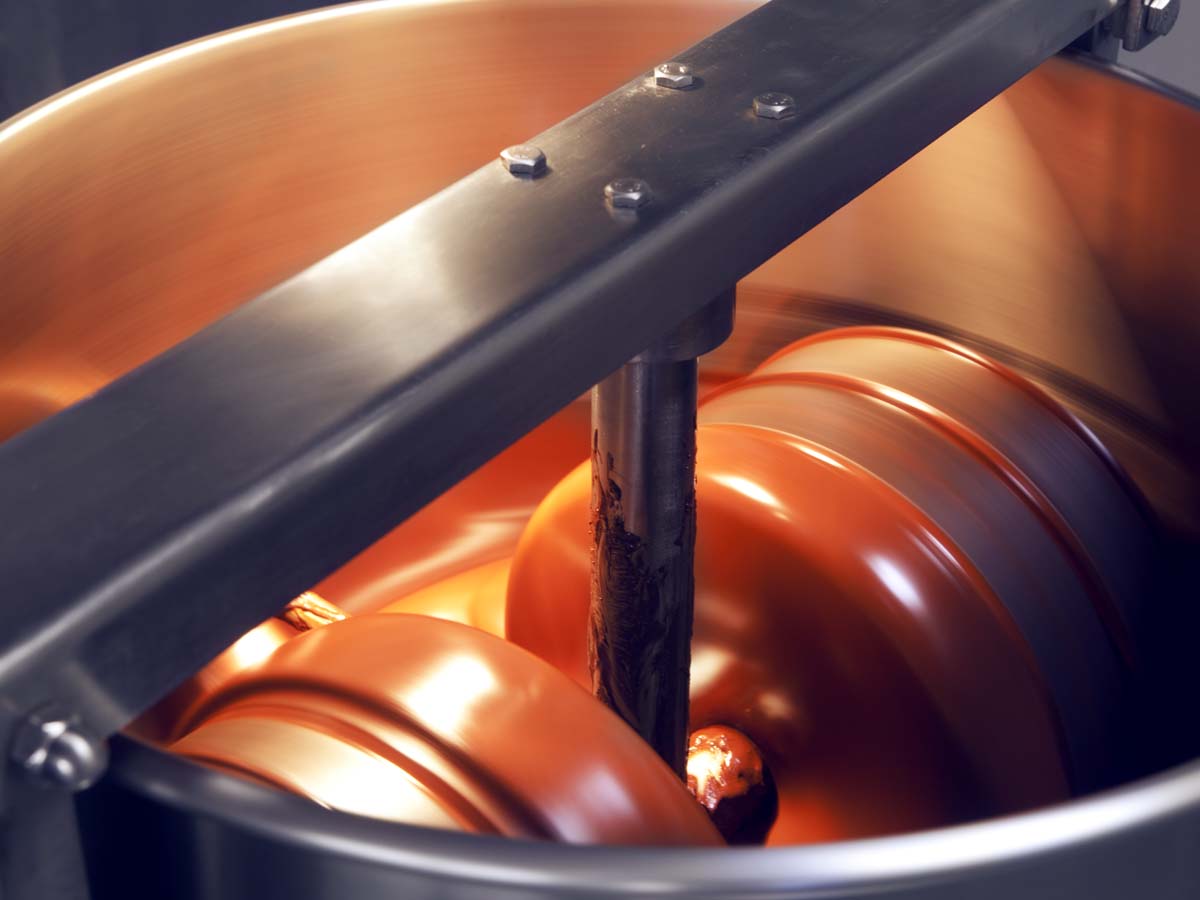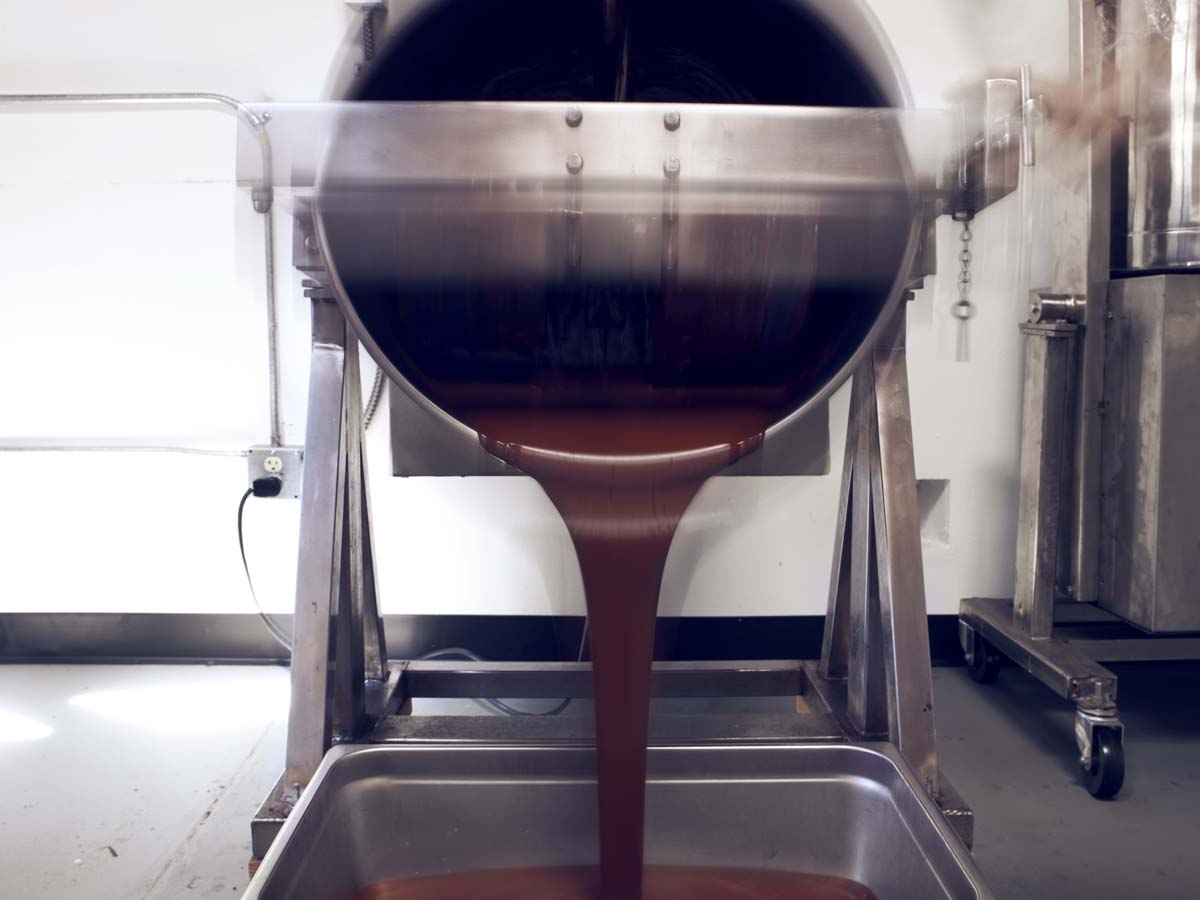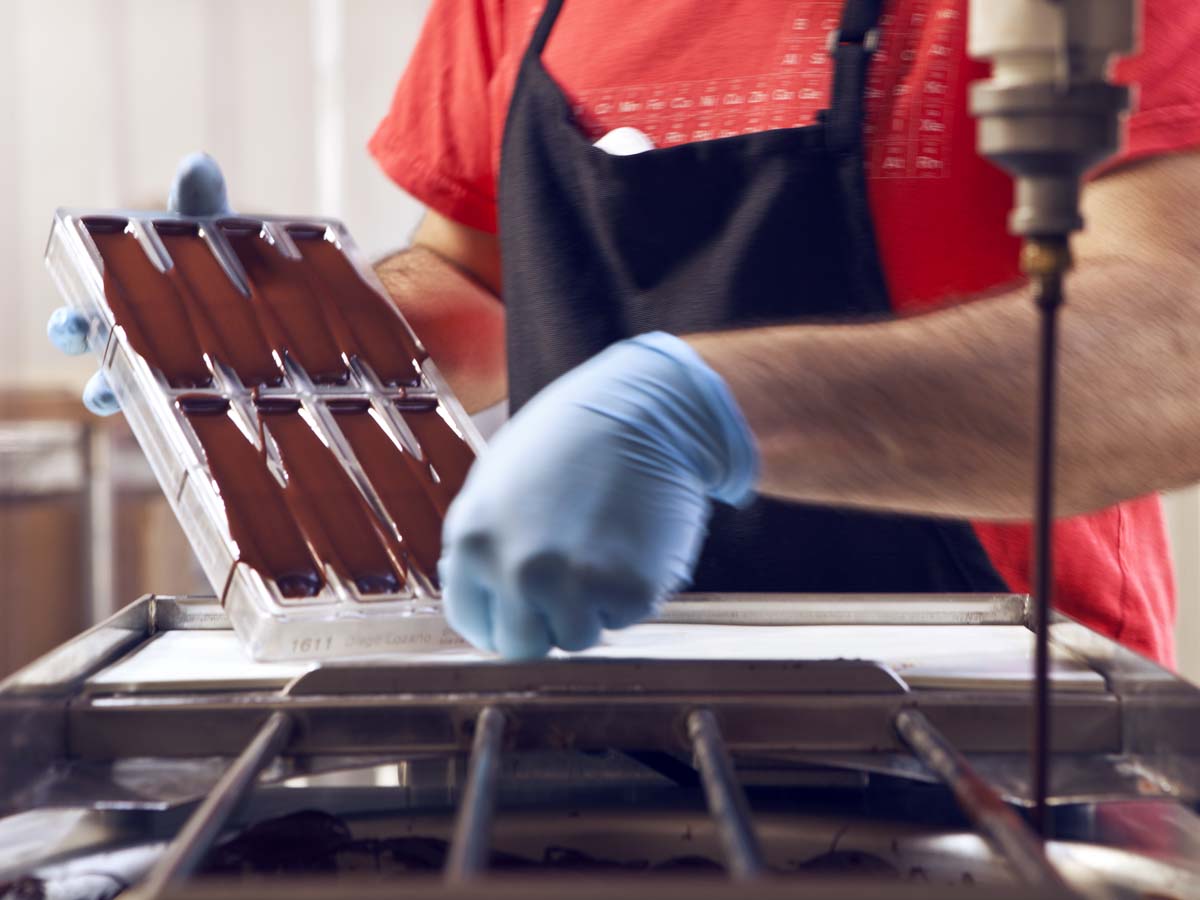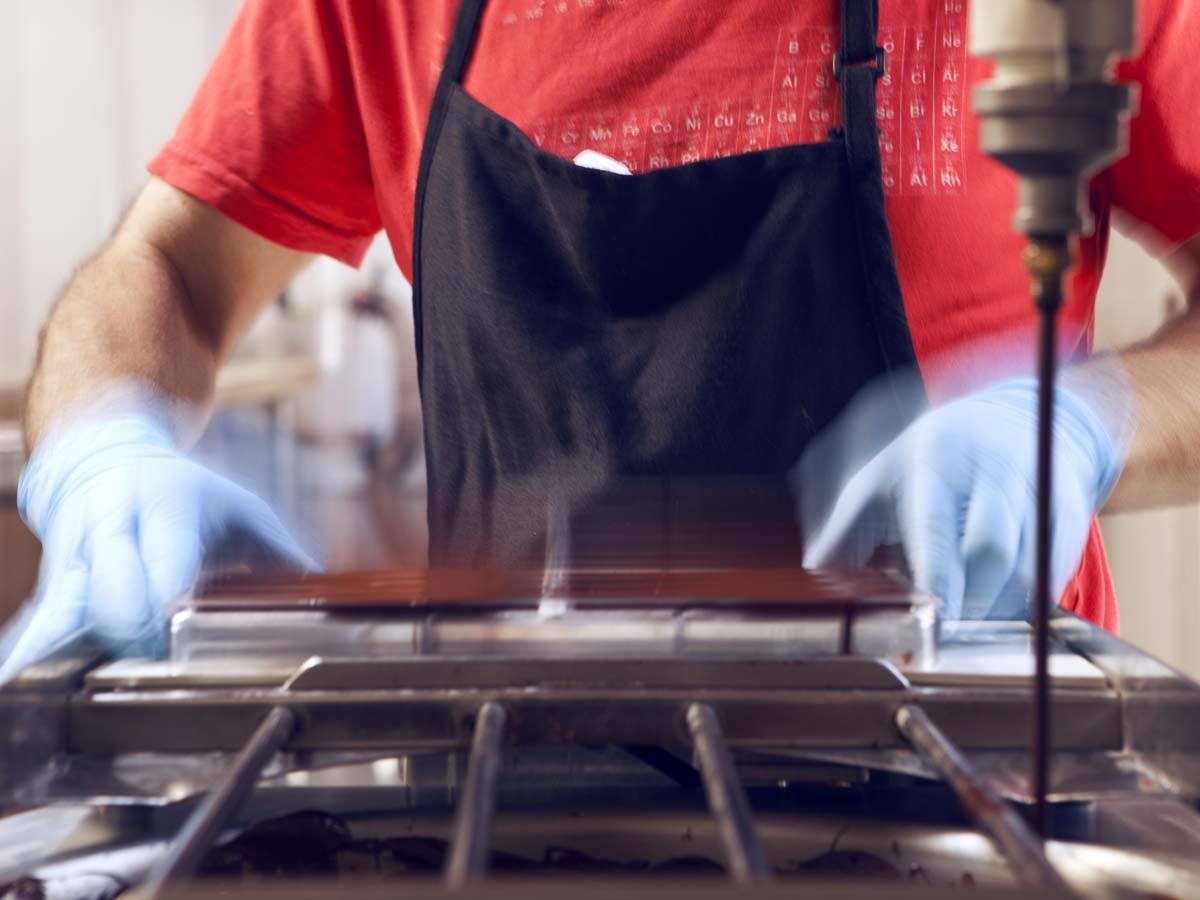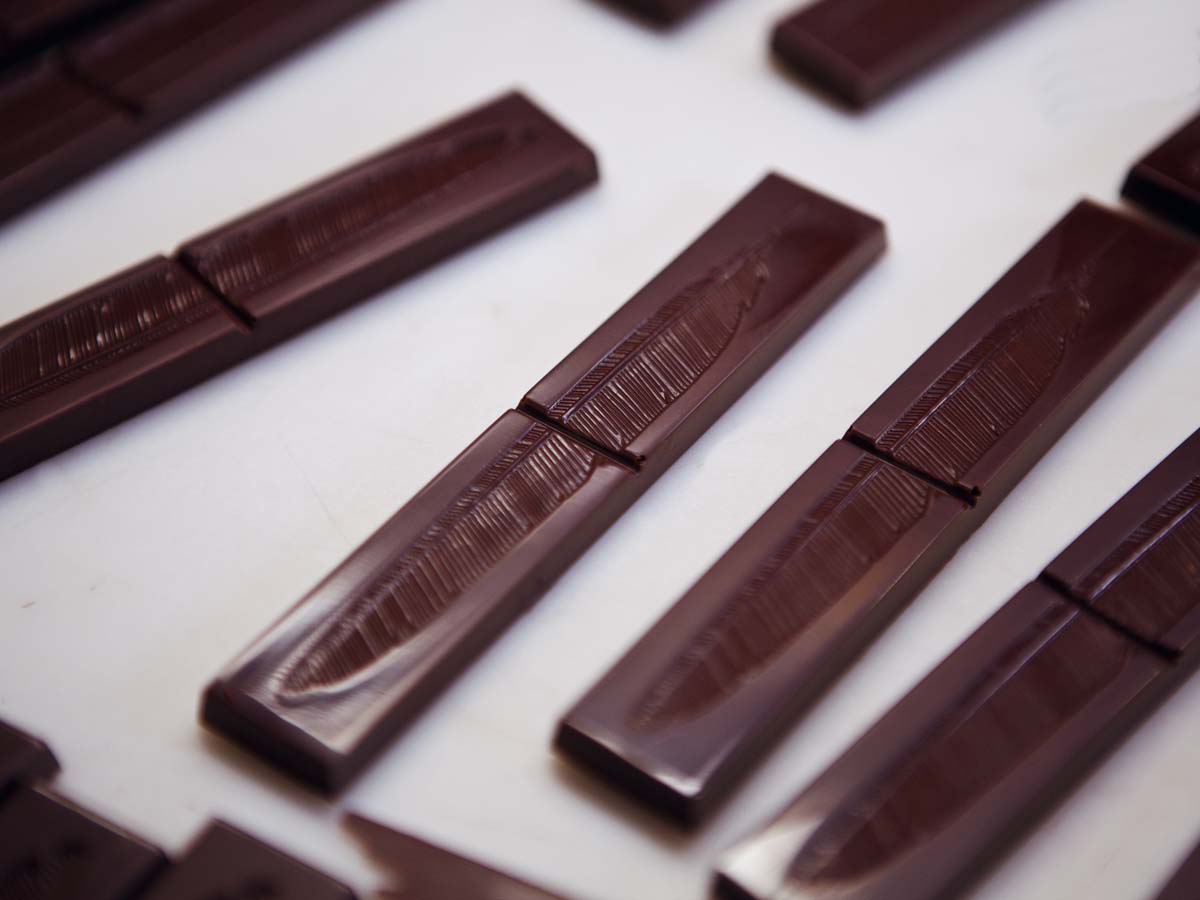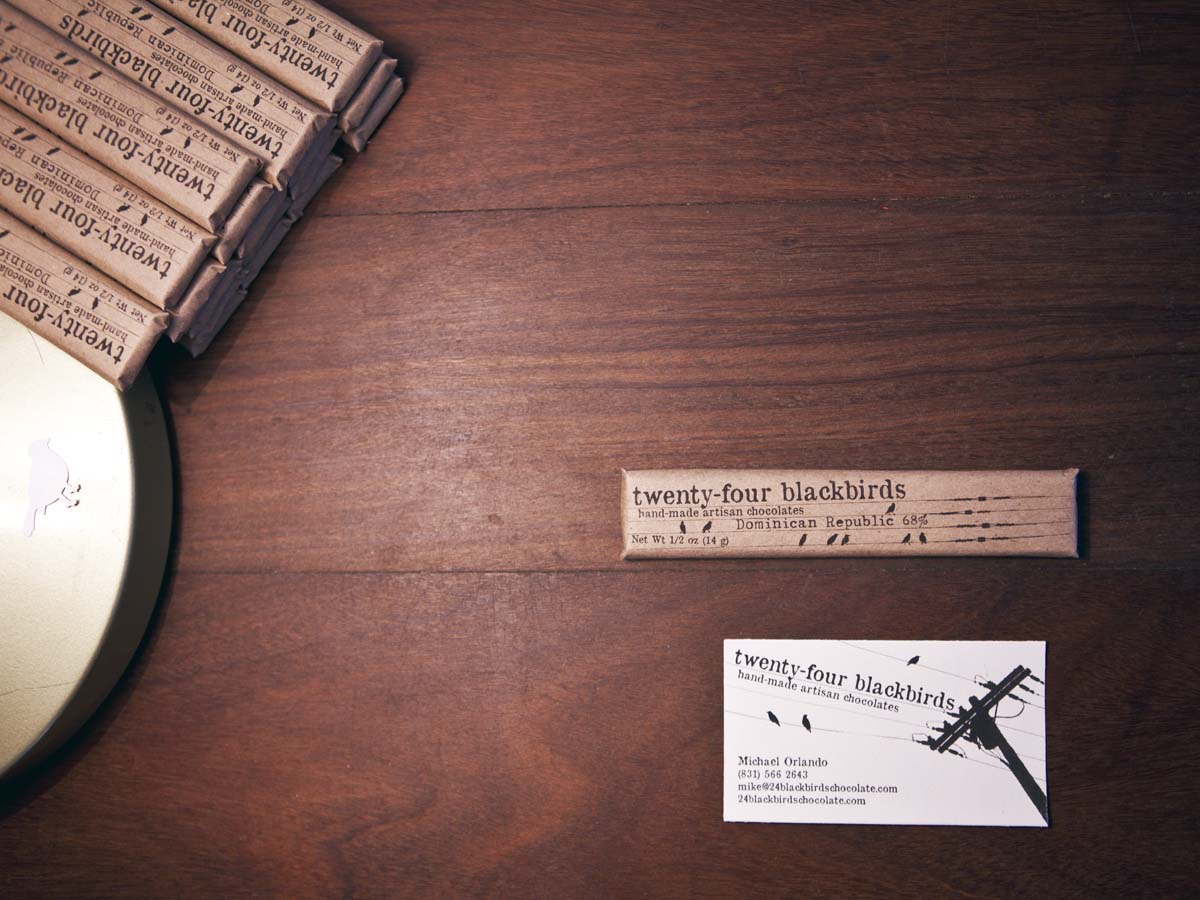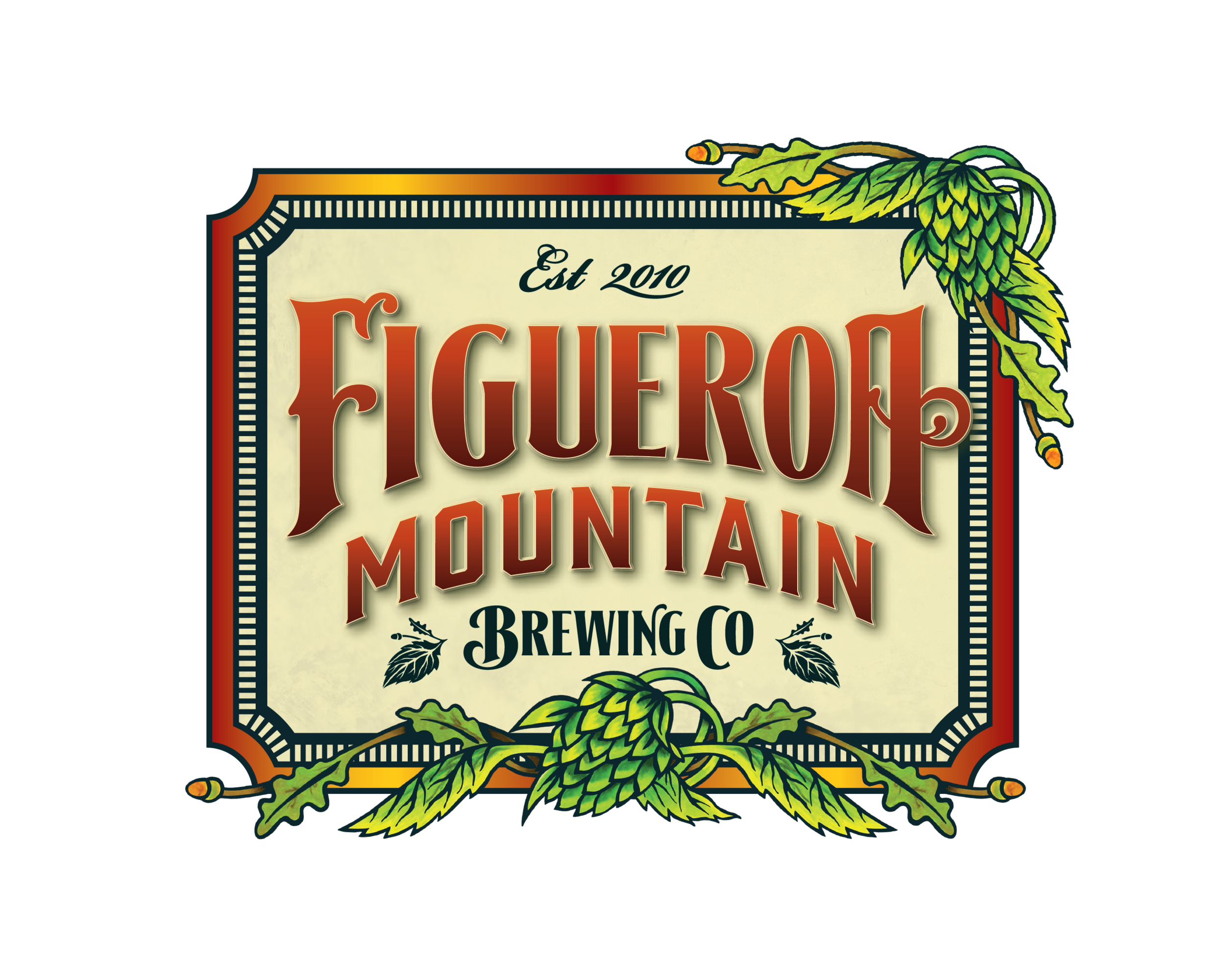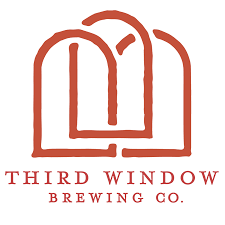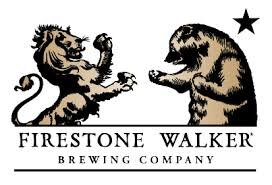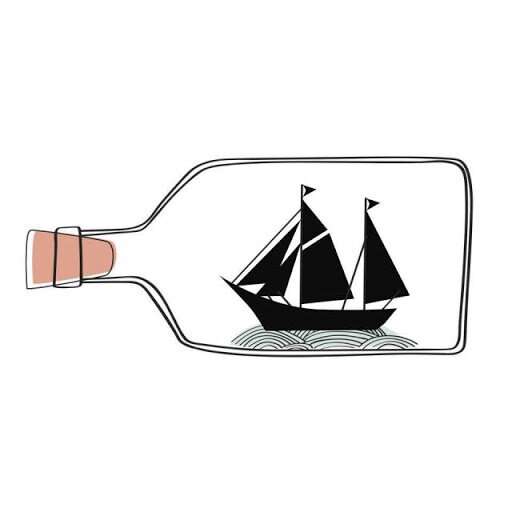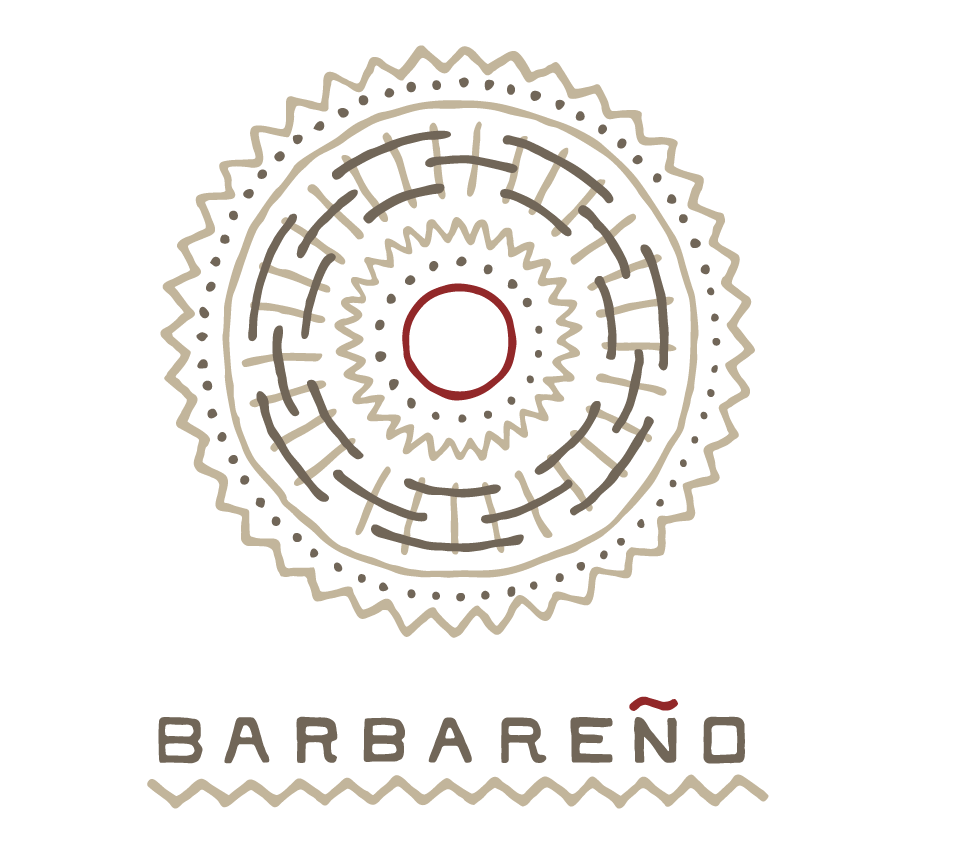Our Story
At Twenty-Four Blackbirds Chocolates we are inspired by traditional chocolate making techniques, and we endeavor to make artisanal confections that are truly hand-crafted. We first source raw, unroasted cocoa beans from single origin estates, growing co-ops, and plantations, and then hand sort to remove any beans that are flawed or otherwise do not meet our strict standards of quality. We then develop roast profiles to accentuate the subtle, and often delicate, flavor characteristics inherent in beans from each origin. Our ingredients are then refined in a traditional stone melangeur, tempered, and molded by hand. We make every effort to use the highest quality ingredients available, and our chocolate, made in Santa Barbara, California, is always prepared in small batches with no emulsifiers or additives.
Mike Orlando, Founder
As a young child, I was always interested in science and nature, and in general trying to figure out how things worked or how things were made. As I got older I realized I enjoyed the creative aspects of art as much as I enjoyed the analytical aspects of science. My career history led me from being a marine biologist SCUBA diving to collect data for researchers, to an analytical chemist analyzing unknowns, while my hobbies had me reading philosophy and playing percussion in a band.
After over 10 years of being a career scientist, I was lacking in creative outlets, so I started taking on new hobbies in my spare time--coffee roasting, restoring antique espresso machines, making cheese, baking, and eventually, during the process of building my own coffee roaster, I found chocolate making. I was hooked. The more I got into the chocolate making hobby, the more distant my interest in unknown samples became. About a year later quit my job and with the little money in my savings became one of the only bean to bar chocolate makers in the country.
What started in my kitchen with a pound of cocoa beans, a juicer, and a toaster oven, has now turned into a small-scale artisan chocolate company, complete with a factory stocked with obscure, and in most cases, home-built or modified equipment, serving over 400 retail customers nationwide.



